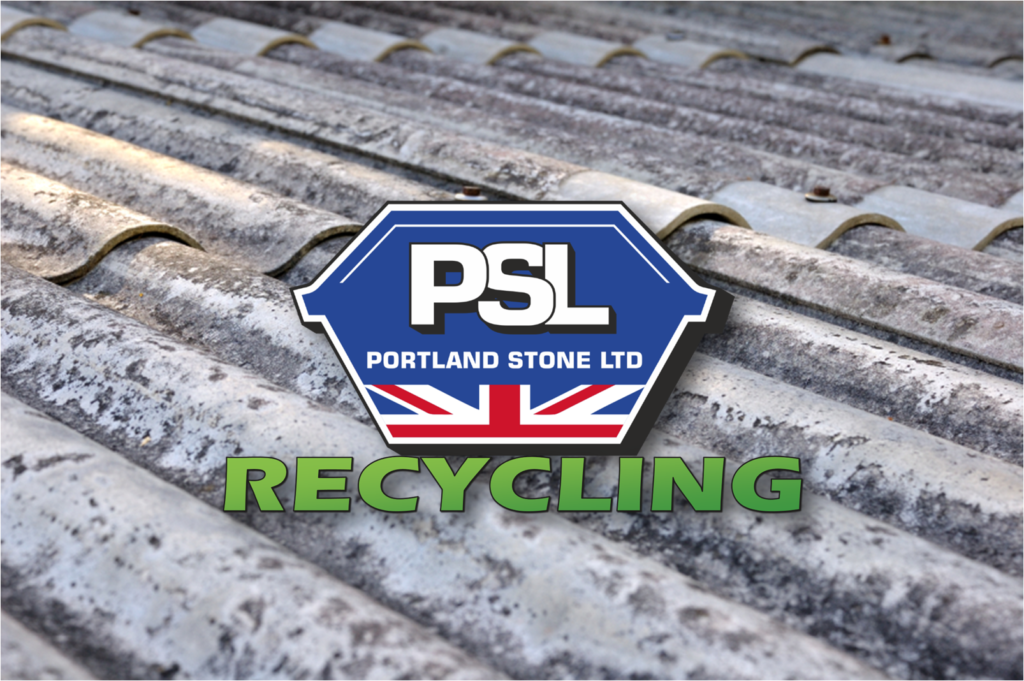£10 off all online orders over £100. Enter discount code 30YEARS
Hazardous Waste Disposal
When it comes to waste disposal in the UK, items fall into one of two categories: hazardous or non-hazardous. Depending on the type of waste you produce, you need to fulfil different legal requirements for storage, collection, treatment, and disposal. This helps you prevent unnecessary damage to the environment and ensure you carry out your legal duties as the waste producer.
Hazardous Waste
The Health and Safety Executive (HSE) defines hazardous waste as: “[material that] contains substances or has properties that might make it harmful to human health or the environment”. As well as waste produced from companies, hazardous waste is also produced in homes.
In general, hazardous waste is anything that’s corrosive or chemical-based. This includes:
- Asbestos.
- Batteries.
- Chemicals, such as brake fluid.
- Contaminated medical equipment, such as needles and syringes.
- Electrical equipment WEEE waste.
- Equipment that contains ozone-depleting substances, such as fridges.
- Hazardous waste containers.
- Non-edible oils, such as car oil.
- Pesticides.
- Solvents.
- TVs and computer monitors.
- POPs waste.
For a more detailed list of hazardous waste products, please consult the Hazardous Waste List of the European Waste Catalogue.
Non-Hazardous Waste
Where hazardous waste has a very specific definition, non-hazardous waste is essentially any waste that falls outside of the hazardous category. It includes waste that doesn’t harm people or the environment, such as food, bathroom rubbish, recycling, or industrial or agricultural business waste.
However, while it doesn’t pose a risk, one type of non-hazardous waste to be conscious of is offensive waste. This term refers to non-clinical items that aren’t infectious and don’t contain pharmaceutical or chemical substances but can be very unpleasant. Examples include nappies, feminine hygiene products and used-but-uncontaminated PPE.
Whether you’re a business that has lots of hazardous waste or a private home with only a little, we can help and offer advice to ensure the waste is disposed of correctly and at a competitive rate.
For further details on how to correctly dispose of any non-hazardous or hazardous waste you may have, contact us and we will be happy to help.
